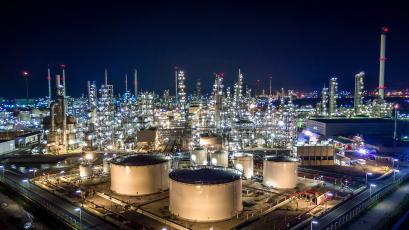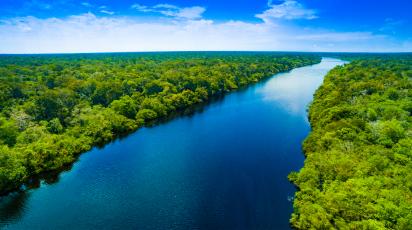Everyone’s focus is on the sun today, as millions of Americans gaze upwards to witness the spectacular solar eclipse. And petrochemicals will be shining brightly today, as they help people to safely view the eclipse and help scientists to learn more about our neighborhood star. You’ve not doubt heard this before, but you should never look directly at the sun … even during the eclipse. Instead, use “eclipse glasses,” which range from inexpensive cardboard frames that contain a film of coated polyester to sturdier glasses made with carbon infused polymers to protect your eyes. And since most people will spend some time outside before and after the eclipse, petrochemicals also help protect from more traditional sun exposure. Many hats—ranging from baseball caps to sun bonnets—are made from synthetic fabrics like nylon and polyester. Umbrellas, pop-up tents and other shelters are also made from nylon. Similarly, sunglasses are almost entirely made with plastic frames and polycarbonate lenses. Even those people who are staying sequestered in labs studying the eclipse will benefit from petrochemicals. After all, keyboards, computers, and monitors wouldn’t exist without petrochemicals, not to mention the plastics, resins, and polymers that are integral parts to solar monitoring devices. Whether it’s sunny, cloudy, or a full eclipse, petrochemicals make life better for everyone under the sun.


